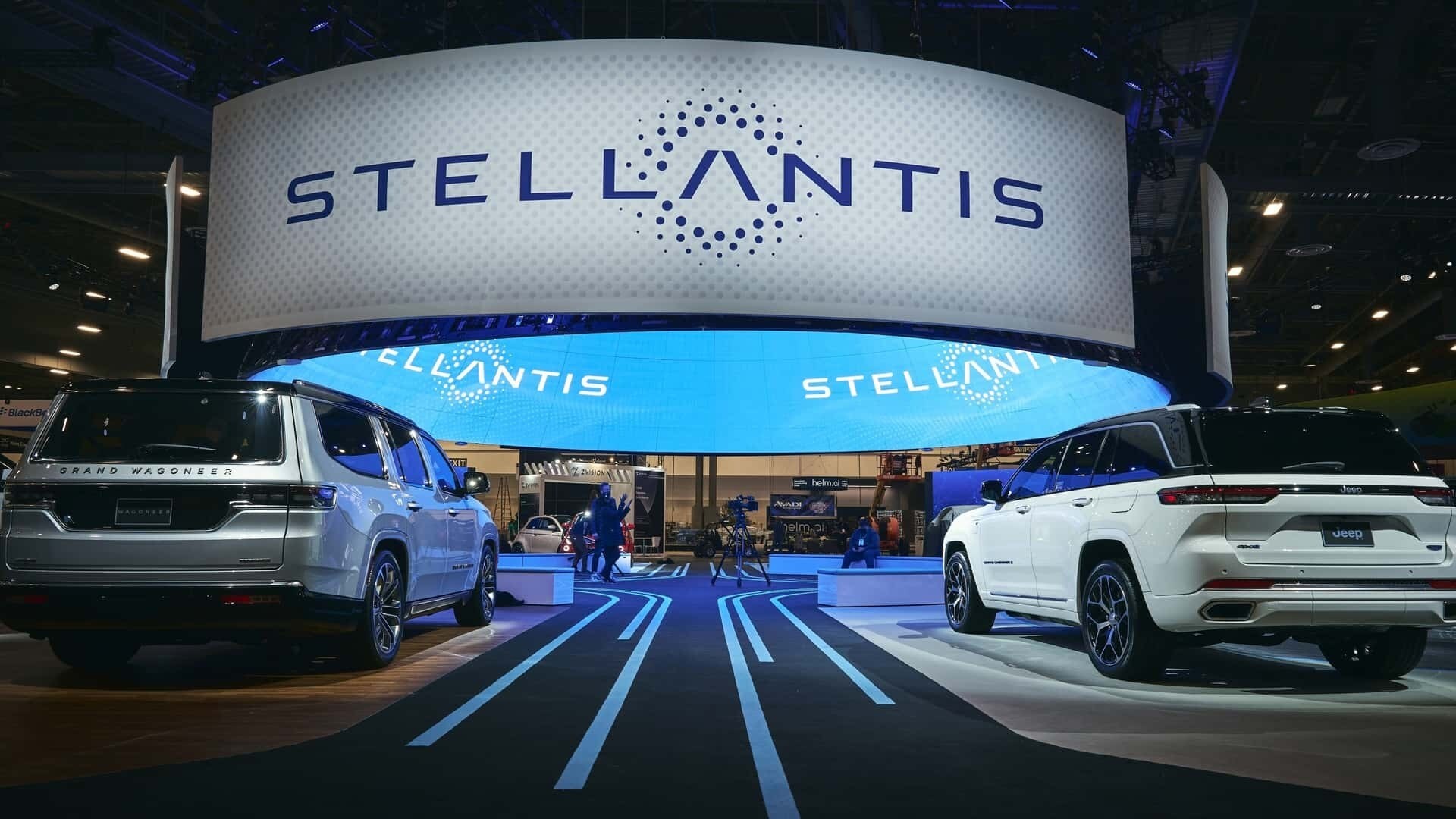您想继续阅读英文文章还
是切换到中文?
是切换到中文?

THINK ALUMINIUM THINK AL CIRCLE

Stellantis’ decision to abandon plans for its Brampton, Ontario, plant has fuelled speculation that US pressure is undermining Canada’s auto sector. It also raises questions about whether Canada’s involvement is to safeguard its third-largest export. The automaker, parent of Chrysler, announced it will redirect USD 13 billion into US-based production. That includes a USD 600 million overhaul of an Illinois facility to build the Jeep Compass (and Cherokee) domestically instead of in Canada or Mexico.
 Image for referential purposes only (source: https://www.chrysler-factory-warranty.com/)
Image for referential purposes only (source: https://www.chrysler-factory-warranty.com/)
Also read: China’s electric vehicle boom powers its fight against pollution and climate change
Although Stellantis told Ontario’s Premier Doug Ford it would keep the Brampton plant open, the firm has yet to clarify what lies ahead for its workforce. Regarding this, the spokesperson LouAnn Gosselin said, “We have plans for Brampton and will share them upon further discussions with the Canadian government.”
Unifor president Lana Payne accused Stellantis of sacrificing Canadian jobs “on the Trump altar”, pointing to the company’s previous assurances under the 2023–2026 collective agreement.
Meanwhile, Canada’s Industry Minister Mélanie Joly warned the government could sue Stellantis for failing to abide by funding commitments.
Brampton’s plant has been shuttered since February 2025, while the retooling of the facility for the next-generation Jeep Compass was placed on hold. Originally billed as a brief pause, the shutdown has been prolonged with no solid plan for reopening. This has put 3000 steady workers and 1000 supplier staff of the company under job uncertainty. Moreover, supplier staff lack protection plans, unlike direct employees.
Many analysts view Trump’s tariff regime as a crucial catalyst. He imposed a 25 per cent tariff on light-duty vehicles and key auto parts in April, with carve-outs for Canadian and Mexican production, but only if companies retained local operations and capital investment.
U.S. Commerce Secretary Howard Lutnick stoked tensions by bluntly stating, “America is first, and Canada can be second,” during a Toronto summit, remarks that Ontario’s leadership saw as a direct threat to their manufacturing base.
Canada countered with matching tariffs but promised exemptions for automakers that honoured Canadian operations. Still, weak employment data and stagnating business for small and mid-sized suppliers suggest the incentives haven’t stopped deterioration.
The Brampton factory, a 2.95-million-square-foot facility just northwest of Toronto, is emblematic of the strain endured by auto towns across Canada. With the plant’s renovation stalled and workers’ futures unclear, many face pressure to relocate or seek employment elsewhere.
Prime Minister Mark Carney has pledged support and called on Stellantis to maintain its commitments. “We expect Stellantis to honour the undertakings it made to the workers of Brampton,” said Carney.
To participate in our upcoming e-magazine 'End-user Revolution: Aluminium's Impact on Modern Living'
Responses








